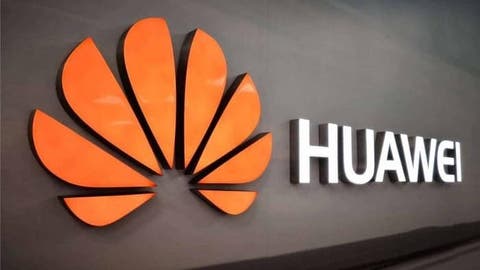Chinese manufacturing giant, Huawei, continues to expand despite its predicament with the US government. The company’s smartphone business outside China is currently suffering because of its inability to use Google’s services. However, Huawei is focused on been self-sufficient. Presently, Huawei has a couple of self-developed chips (CPU and AI chips) which it uses for its devices. However, it still has some hardware needs and it is shifting its attention to GPU.
According to reports out of South Korea, Huawei is setting up a new department in South Korea that will enter the GPU market. Presently, American manufacturer, NVIDIA dominates the GPU market. The report claims that with its cloud computing and AI businesses on the way, its next target is GPU. In addition, there are also reports that Huawei is already recruiting for this department. Furthermore, the recruitment seems to target NVIDIA employees and supervisors.
Huawei has been quietly developing GPUs
Prior to this, Huawei has to some extent did some development in the GPU market. Last year, the company launched the Huawei Ascend 910 chip. This chip is not entirely the best but in some areas, it surpasses what NVIDIA offers.
The Ascend 910 chip half-precision (FP16) computing power is 256TFLOPS, which is double that of NVIDIA’s Tesla V100. It also delivers 512 TOPS@INT8 of computing performance with just 310W max power consumption. The massive boost in power efficiency is a result of Huawei’s own Da Vinci architecture. This chip also supports 128- channel full HD video decoding (H.264 / 265).
Huawei’s AI chips have surpassed GPUs in performance and energy efficiency. However, GPUs are still an indispensable part of high-performance computing. This is because, in addition to AI, GPUs also have strong general-purpose computing capabilities that Huawei cannot ignore.
According to reports, Huawei’s 2012 laboratory has been developing its own GPU chip for many years. However, Huawei’s GPU is not for desktop graphics. It is mainly designed for Huawei’s servers, cloud computing, and other departments.
Follow Gizchina.com on Google News for news and updates in the technology sector.
